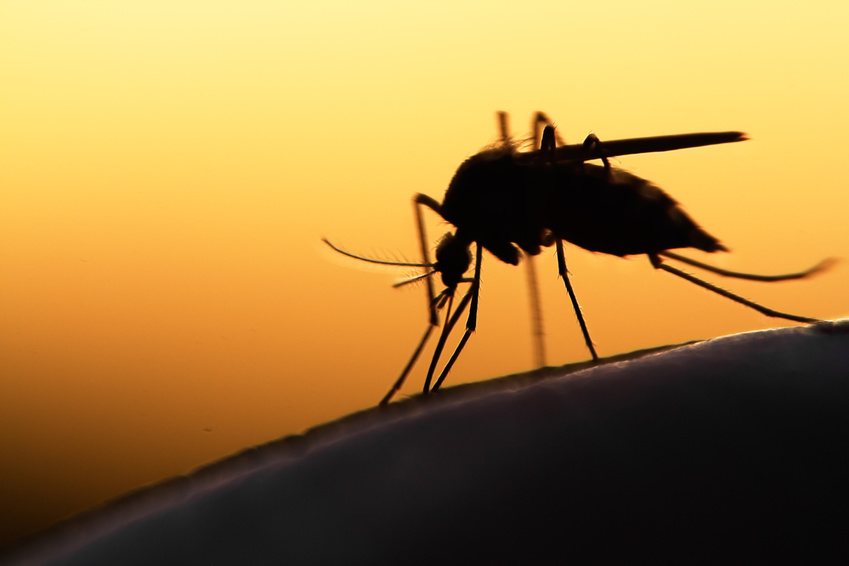Keystone Virus and Mosquito Control Featured
KEYSTONE VIRUS: A NEW THREAT EMERGES
It seems like every year there’s a new pest or new vector borne disease to keep an eye on. Two years ago, the world watched the Zika virus spread like a wildfire. This year, we have learned that a virus called the Keystone virus has made the leap from animals to humans.
The Independent is reporting that doctors first believed that a sixteen year old boy had been infected with the Zika virus back in 2016. His symptoms included a severe rash and fever – symptoms common with Zika. However, after developing a test for the Keystone virus, it was determined that the teenager is the first known human to be infected with it.

WHAT IS THE KEYSTONE VIRUS?
The Keystone virus is a vector-borne virus. These diseases are spread among humans and animals by other carrier organisms. Mosquitoes are carriers of many vector-borne diseases such as Malaria, West Nile Virus, Zika Virus, and Keystone. This particular virus is understood to contribute to encephalitis which is a swelling of the brain. If you recall, you’ll remember encephalitis being a key symptom of Zika during its spread in 2016.
The teenager patient did not present with encephalitis. He did, however present with a severe rash and fever.
According to Wikipedia, the Keystone virus was first discovered in 1964 in the Keystone region of Tampa, Florida. Since then, the disease has been found in areas ranging from Texas to New England. This particular virus is carried by the Aedes atlanticus mosquito.
HOW TO AVOID THE KEYSTONE VIRUS
Avoiding vector-borne illnesses like the Keystone virus comes down to a handful of factors. If you can avoid being bitten by the mosquito that carries Keystone, you should be okay. Avoiding mosquito bites includes the following steps:
- Use a bug repellant that works.
- Avoid outdoor areas during the early morning and evening when mosquitoes are most active.
- Wear long sleeves and long pants when mosquito habitats cannot be avoided.
- Eliminate mosquito habitats by managing how much standing water is present around your home.
- Hire a professional to reduce the nearby mosquito population.
Mosquito control and avoidance takes a comprehensive approach. Using the steps listed above should set you up for success when it comes to enjoying the outdoors. If you are in southwest Georgia and need professional assistance with mosquitoes, we’re happy to help. Call us at 229-436-3215.

